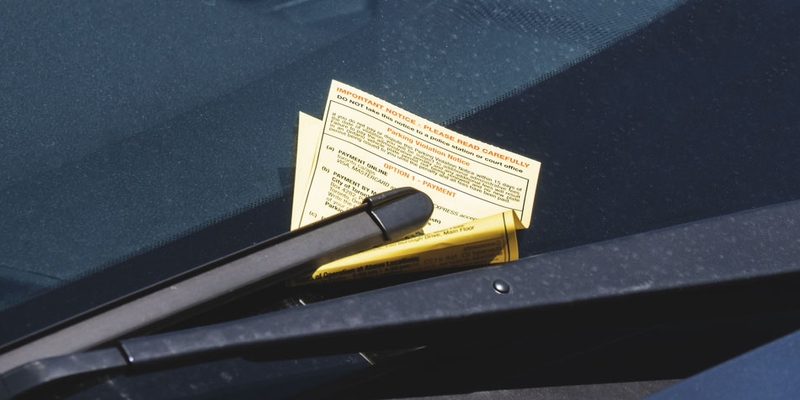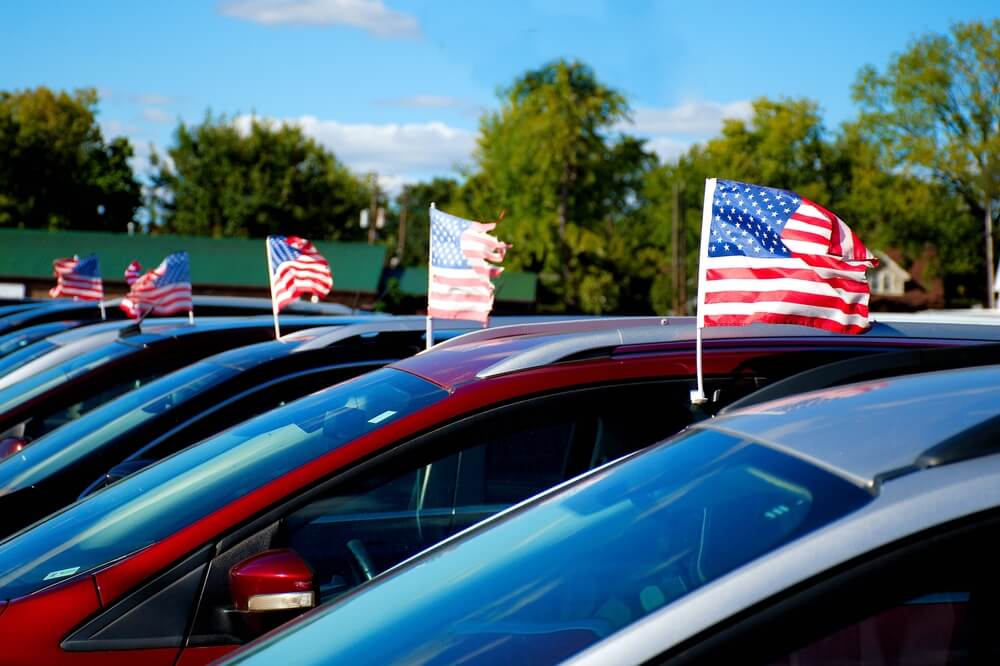
If you are not redirected within 30 seconds, please click here to continue.
Samedi: 10h – 16h HAE

If you are not redirected within 30 seconds, please click here to continue.
If you are not redirected within 30 seconds, please click here to continue.
Toronto Parking Enforcement Ramps Up as City Reopens

- As of June 14, the police re-commenced with routine on-street parking enforcement.
- Approximately 2.8 million parking violations are issued in Toronto annually. The cost of a parking ticket can range between $30 and $450 depending on the infraction.
- Unpaid parking fines will not affect your car insurance premium.
Drivers in Toronto will need to be mindful of where and when they park their vehicles in the city with word the Toronto Police is shifting its normal on-street parking enforcement routines out of “park”.
Last December, the police relaxed their usual parking enforcement regulations when Ontario went into a lockdown because of the COVID-19 crisis. At the time, police said they would focus on parking offences that created safety concerns, disrupted traffic, or blocked snow removal trucks.
As of June 14, the police re-commenced with routine on-street parking enforcement. This means police are back out enforcing overtime violations such as three-hour bylaw and posted time limits, residential change-over parking regulations, and on-street pay and display violations. Routine enforcement of residential on-street permit violations will begin on June 21.
According to the City of Toronto’s data, approximately 2.8 million parking violations are issued annually. The cost of a parking ticket in Toronto can range between $30 and $450 depending on the infraction.
If you have a parking ticket to pay, you can do so online, or in-person by visiting one of the city’s payment counters (when they’re open). If you have questions about a parking violation you received, you can call 416-397-8247 or email parkinginquiries@toronto.ca.
Don't waste time calling around for auto insurance
Use Rates.ca to shop around, and compare multiple quotes at the same time.
How to avoid getting a parking ticket in Toronto
Toronto Police’s Parking Enforcement Unit offers 10 tips for drivers on how to avoid getting tagged while parking:
- Watch for no-parking signs. Most if not all streets in Toronto have posted parking restriction signs. They specify the time limits for when you can park in a location. Signs without specific times means no parking is permitted 24 hours a day.
- Read the on-street parking meters. For on-street parking with parking meters or machines, be sure to read which days and hours the meter is in effect, and if there are rush hour restrictions. Pay the correct amount and ensure the receipt the meter gives you (if it does) is displayed on your vehicle’s dashboard.
- Don’t park in spaces reserved for disabled persons. Unless you have a valid disabled person parking permit, be courteous and don’t block or park in a space reserved for disabled drivers.
- Don’t park near street corners. Sometimes it can be challenging to find parking on a street and you might be tempted to park near the corner of an intersection. Don’t do it! City bylaws require you park at least nine metres away from the curb line of the intersecting street.
- Avoid blocking bus stops. You may be in a hurry and need to stop momentarily to pop into a store to use a bank machine or grab a coffee, but don’t stop or park in a space that’s reserved as a TTC bus stop even for a few minutes.
- Park in an off-street lot. You might be better off parking your vehicle in a designated parking lot than on the street. That way, you don’t have to worry about when the time on a parking meter expires or if you’re parked in a rush hour zone on a street. You might have to pay a little more to park in a lot, but it’s still cheaper than a parking ticket.
- Only park in designated areas near schools. Most schools have designated parking and stopping areas for drivers who are picking up or dropping off their children at school. Steer clear of doing so in no parking and no stopping zones near schools.
- Know the differences between no parking, no standing, and no stopping signs. Signs like ‘no stopping anytime’ and ‘no standing anytime’ are among the most restrictive parking regulations in the city. Even if you’re in your vehicle and you stop in one of these zones, you can still get tagged and towed. However, you can temporarily stop in a zone with a ‘no parking anytime’ sign to pick up or drop off goods or passengers while you’re still behind the wheel. But, safe to say, don’t park there.
- Be mindful of residential parking restrictions. Throughout the city, Toronto has established residential permit parking zones for the use of nearby residents during posted times (for example, parking overnight). You must have a valid residential parking permit to park in these spaces or you can be fined. Toronto drivers seeking an on-street residential parking permits and temporary parking permits to purchase may do so through the city.
- Make smart parking decisions. When in doubt, move out and find another parking space. In other words, if you think you’re parking too closely to other vehicles or the corner of an intersection, or if you’re not sure if you’re parking in a legal zone, then err on the side of caution and find another spot.
How do parking tickets affect your car insurance?
Unpaid parking fines car insurance premium. However, forgetting or failing to pay a parking fine in Toronto will catch up with you when you go to renew your licence plate sticker or your driver’s licence at a SeviceOntario location.
Get money-saving tips in your inbox.
Stay on top of personal finance tips from our money experts!










